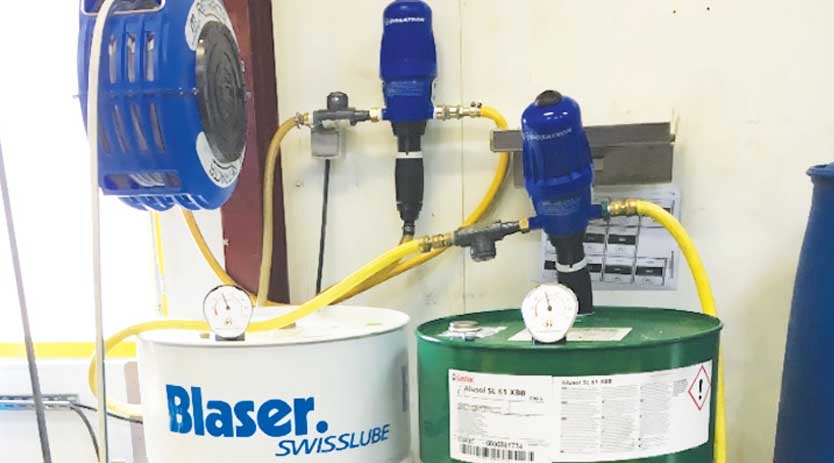Synthetic lubricants market report on growth prospects
July 6, 2021 1:09 pm
To ensure fuel economy, thinner engine oils, with low ash, phosphorous and sulfur content, may have to meet stringent regulations from 2022-23.
Global Synthetic Lubricants Market valued at US$ 33.7 billion in the year 2020, is witnessing lucrative growth owing to stringent regulatory standards regarding environment conservation, supportive government policies on energy conservation, as well as growing consumer awareness about product quality.
The “Global Synthetic Lubricants Market – Analysis, Competition and Forecast, 2021-2026” report from ResearchAndMarkets.com mentions, the continuous rise in demand of automotive sector in Asia Pacific region is driving the demand of industrial products from last few years. The recent technology promises substantial reduction in maintenance costs, which is why it is received by a significantly large number of buyers hailing from diverse industrial backgrounds.
Owing to low production cost in Asian countries backed with rising industrialisation, manufacturers are investing in economies such as India and China which is propelling the market growth. Positive outlook towards automotive and industrial sector coupled with rapid industrialisation across developed and emerging economies will drive the synthetic lubricants market size.
Additionally, due to expectation of rise in consumer demand and investment by public and private sector in small and medium scale industries anticipated to drive the market of global synthetic lubricants in future. Indian auto sector is bracing for the second phase of BS6, with CAFE 2 (Corporate Average Fuel Economy 2) targets set to kick in by April 2022, and RDE (Real Driving Emissions) regulations in 2023.
Additionally, growth in the automotive industry due to technological advancements, rise in population, and increase in consumer goods demand are major factors expected to drive the Synthetic Lubricants market during the forecast period. Motor oil is used for lubrication of internal combustion engines. Synthetic lubricants can increase efficiency levels while reducing the amount of power needed to maintain consistent processing.
Cookie Consent
We use cookies to personalize your experience. By continuing to visit this website you agree to our Terms & Conditions, Privacy Policy and Cookie Policy.

















 English
English Hindi
Hindi